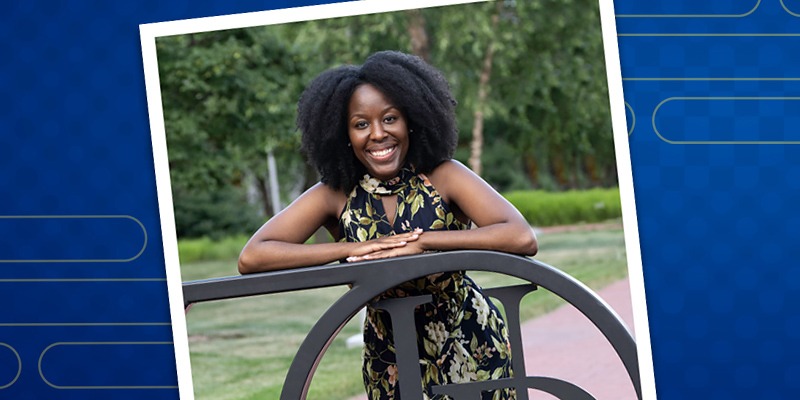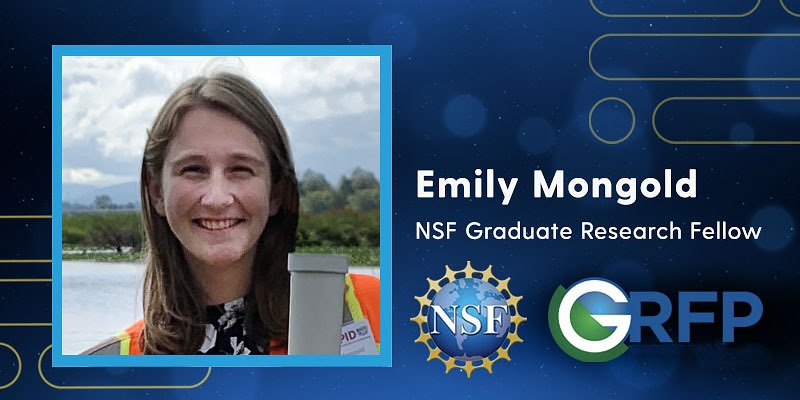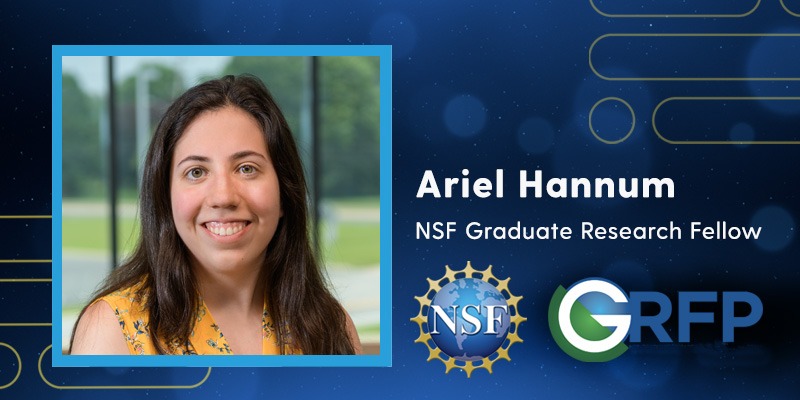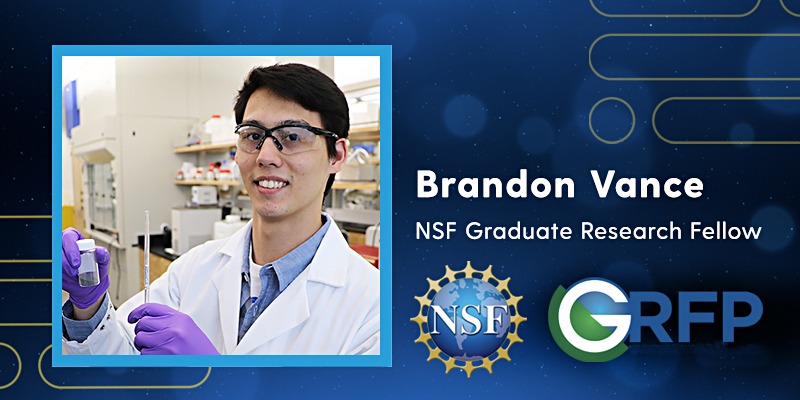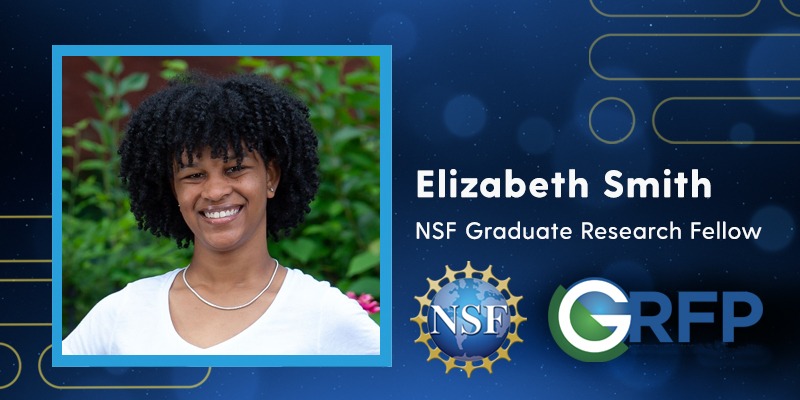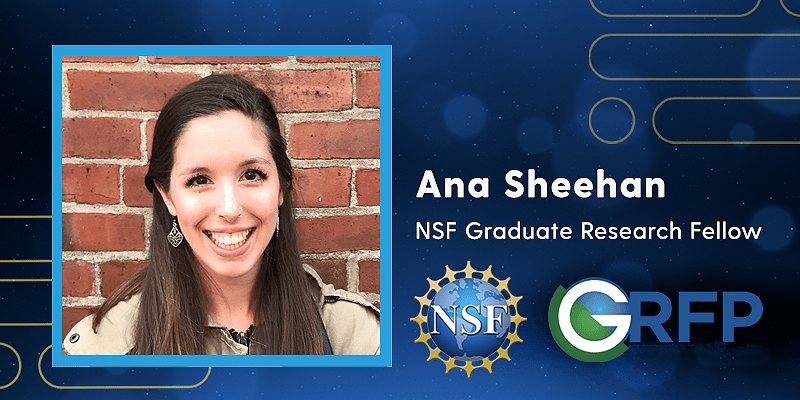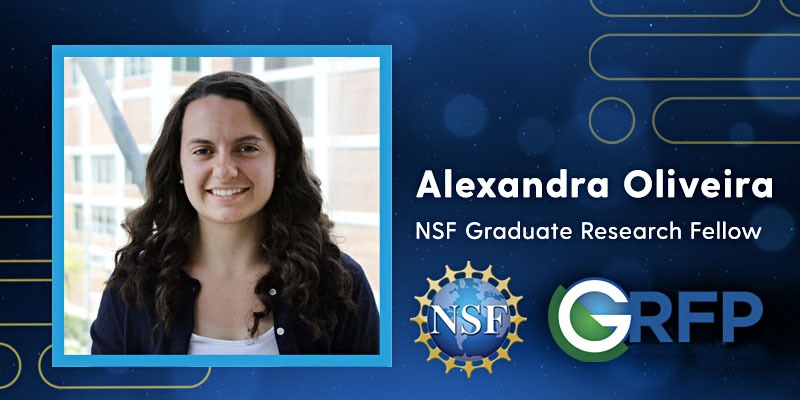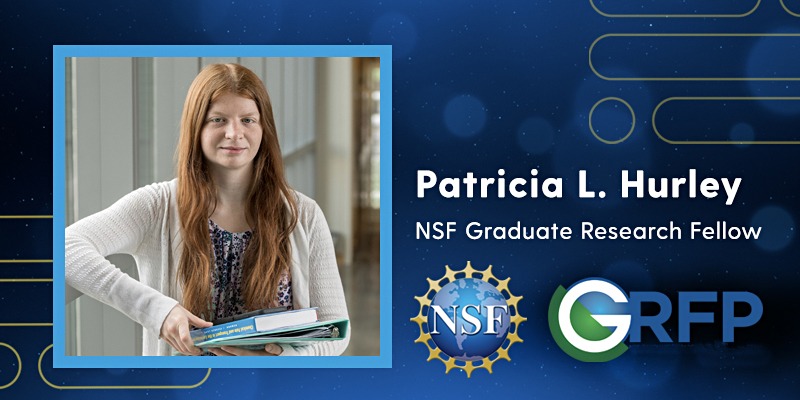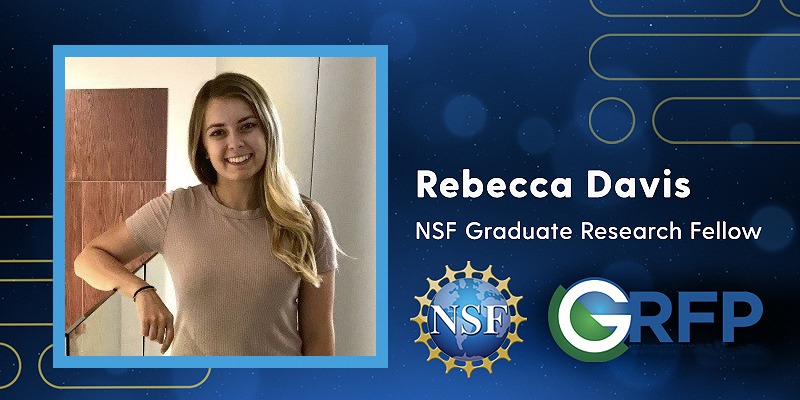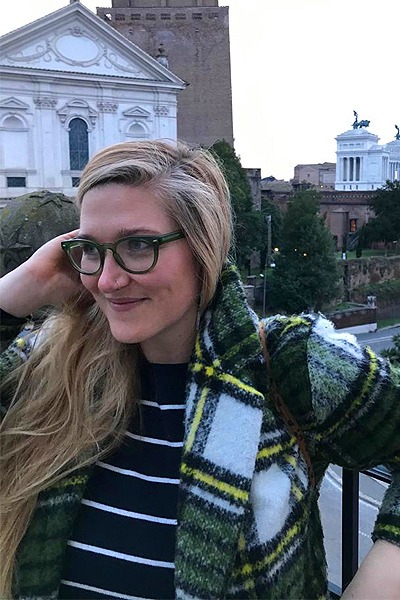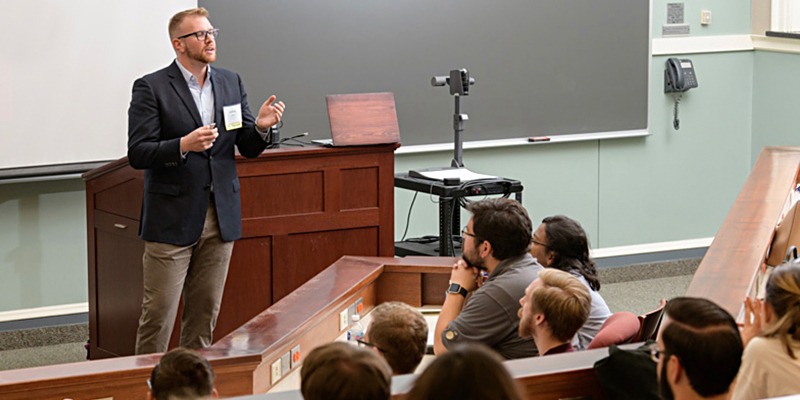
Photo by Evan Krape
A conversation with Andy Jenks – Ph.D. candidate, inclusion advocate, Paralympian
Andy Jenks is a Ph.D. candidate in political science and international relations at UD and a recognized expert in access and inclusion, specifically around issues of difference and diversity. He has experience as an interdisciplinary teaching assistant (TA) in multiple departments at UD and has worked to facilitate training and development sessions for UD teaching assistants since 2017. As a Paralympic medalist involved in disability sport from an early age, Jenks’ work focuses on the improvement of social conditions for people with disabilities. He is writing his dissertation on the formation of disability rights in the U.S. and Canada.
Jenks is currently leading a series of online TA Reorientation Sessions to help support UD’s graduate teaching assistants challenged with the online transitioning of their courses, discussion sections and roles during the pandemic.
What led to your creation of the online TA reorientation sessions?
More than 500 grad students currently serve as TAs or in other instructional roles at UD. The idea behind these sessions came partly from my own experiences as a teaching assistant and instructor, knowing first-hand the struggles or challenges that our TAs and graduate instructors are experiencing right now in our transition to “Zoom University.” We’re all trying to figure things out – and one of the things I’m trying to do with these sessions is to ease the growing pains of having to learn by yourself.
UD has obviously been providing support to faculty in their course transitions, but I knew that graduate students and graduate teaching assistants would be having similar experiences. Once I realized the need in my own department for some support around this topic, I also approached the Graduate College with this idea, and they were very quick to support it.
Your area of study is in disability politics, comparative social policy and disability theory and rights. What was the path that led to your added focus on teaching and learning?
I initially became involved with advocacy around disability and inclusion through sport, long before entering graduate school. While my research shifted to its current focus in 2014, it took me a few years to realize I could make important contributions within my local teaching and learning community. Then as a graduate TA at UD, in 2016 I started taking some courses on pedagogy and teaching techniques through UD’s Center for Teaching and Assessment of Learning (CTAL). And as a part of that process, you formulate your teaching philosophy that articulates your values and goals around teaching and learning. These experiences pushed me to a more in-depth exploration of teaching coupled with my work and philosophy surrounding access and inclusion.
Coming from my subject matter expertise in disability and access – and now collaborating within the teaching and learning community at UD – discussions of best practices for teaching and learning became an integral part of my larger focus on creating more equitable, accessible experiences for everyone on the college campus, not just students. We need to understand that there are people who’ve been excluded from traditional college campuses in various ways, for a very long time, and with that realization, we need to move forward with discovering how we can foster access for all, holistically, in an equitable way.
And the experiences that we’re all having now during our pandemic isolation – figuring out how our lives have changed, how we must connect differently, how we navigate and communicate and access the campus – in some ways, mirror the issues and struggles that disabled people have already experienced throughout their lives.
What are your career and academic objectives?
Regardless of the venue – classroom instruction, published research, public speaking, mentoring – I love to see people do good work, accomplish great things, or simply exhibit an enhanced understanding of concepts I was able to introduce them to. My interest in doing this work is motivated by personal experience and belief that informed citizens can best participate in the politics of everyday life.
My aim is to work in higher education though any combination of teaching, research, disability services or disability-specific work, teaching and learning, etc., with the ultimate goal of continuing to work toward creating equitable access for all, with a specific focus on disability.
How have your research, writing or study activities been affected by the current stay-at-home environment? How have you adapted your work and study styles?
At first, not well! I’ve moved furniture around for a makeshift standing desk. My partner is also a graduate student at UD, and we live in a rather small apartment, so separating our workspaces has helped us not strain our relationship too badly. I’m not as “productive” but it’s a pandemic; we’re not going to all be as productive as we were before.
The work/life boundary has all but evaporated for a lot of people, and one thing I’m putting energy into is ensuring that grad students and faculty alike are not only cognizant of how they’re addressing this in their teaching, but also in their own lives.
Graduate study and teaching rely heavily on interaction and conversation among students, faculty, peers. What are some ways you’ve been able to sustain those connections with professors, advisors, colleagues, family, friends and the UD community?
I have created virtual small groups in the class that I teach, which has allowed me to communicate and check in with students in a more informal and conversational setting. At the same time, dialogue has changed, and we all have too many emails. I find that the mental and physical energy needed to conduct class and academic communication has increased, which is definitely something I need to get used to.
Also, three words: Zoom happy hours. Plus, UD’s social media team has done a really good job doing small things like posting pictures of campus on social media that make me feel a connection to campus.
What do you miss about being on the UD campus?
I miss the way our UD Green sounds full of students between classes, the smell of lamb from the gyro food cart outside of Smith Hall, and the impromptu enlightening and meaningful conversations I have on a daily basis with people on campus that I’ve known for varying lengths of time in my close-to-seven-year tenure at UD.
More about UD’s TA Re-Orientation Sessions
Join your fellow graduate TAs in a series of online TA Re-Orientation Sessions to help navigate the current online teaching environment. The remaining one-hour sessions are offered at 9 a.m. and repeated at 3 p.m. and include:
- Session 2 (4/16): Communicating and Re-Negotiating Boundaries
- Session 3 (4/23): Working During a Global Pandemic: Time Management Strategies
Attendance is limited only to those who are current UD graduate students and UD teaching assistants/instructors. The latter of each week’s sessions will be live-captioned. If you have any other access-related needs, or if you wish to RSVP for the sessions, please email me at ajenks@udel.edu.

